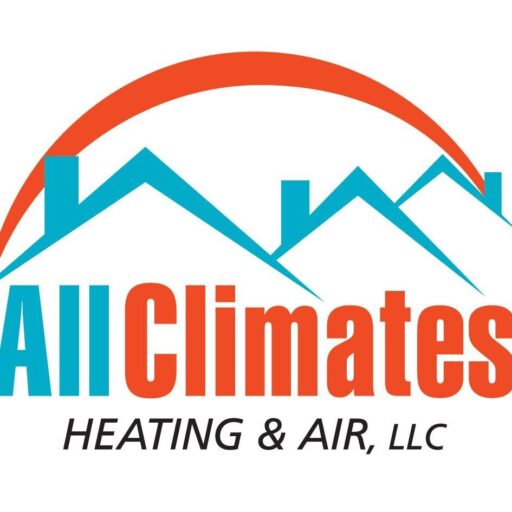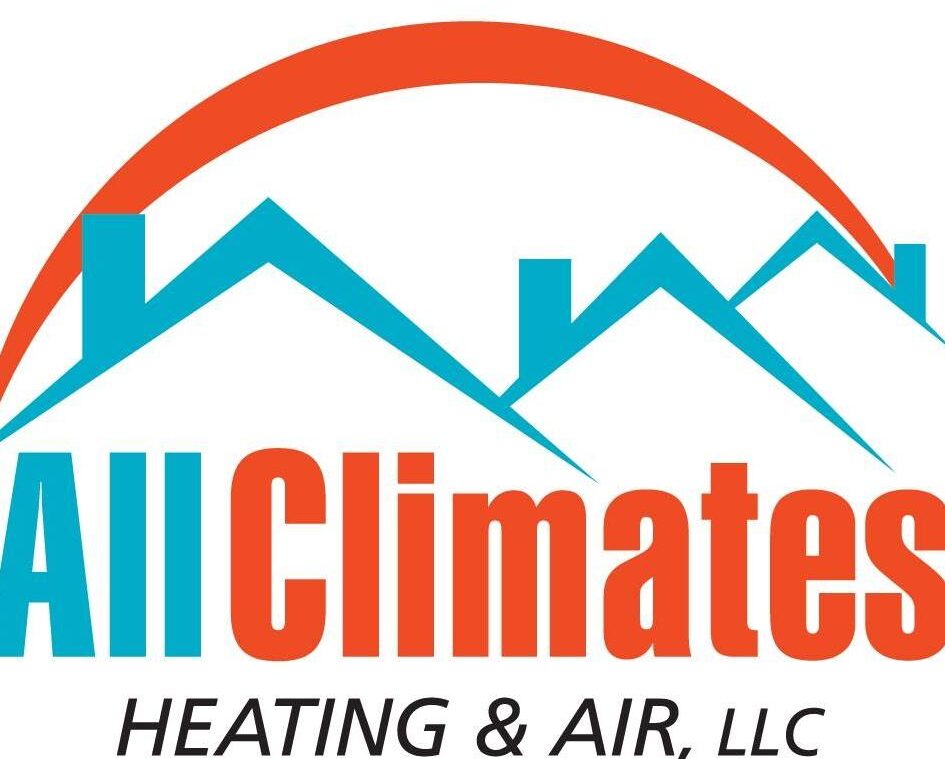As the effects of climate change become increasingly noticeable, it’s important for homeowners in Samford, AL to understand how their HVAC systems are impacted by these changes. Climate plays a significant role in the efficiency and longevity of your heating, ventilation, and air conditioning (HVAC) system, and being aware of these factors can help you maximize its performance and lifespan.
Samford, AL experiences a humid subtropical climate, characterized by hot, humid summers and mild winters. These climate conditions can put a strain on your HVAC system, leading to increased energy consumption, higher utility bills, and potential breakdowns if not properly maintained.
During the hot and humid summer months, your HVAC system has to work harder to cool your home, leading to increased wear and tear on its components. This can result in reduced efficiency, decreased indoor air quality, and more frequent repairs. Regular maintenance, such as changing air filters, cleaning ducts, and scheduling professional tune-ups, can help ensure your system is operating at its best.
In the winter, the mild temperatures in Samford, AL may not put as much stress on your HVAC system as in other regions, but it’s still important to keep an eye on its performance. Cold snaps or sudden temperature drops can cause your system to work harder to maintain a comfortable indoor temperature, leading to increased energy consumption and potential malfunctions. Ensuring your system is properly insulated and sealing any air leaks can help improve its efficiency during the winter months.
Additionally, the increasing frequency of extreme weather events, such as hurricanes and severe storms, can also impact your HVAC system. Power outages, flooding, and debris from these events can damage your system and disrupt its operation. Investing in surge protectors, elevating outdoor units to prevent flooding, and securing your system during severe weather can help protect it from damage.
In conclusion, the climate in Samford, AL plays a significant role in the performance and lifespan of your HVAC system. By understanding these impacts and taking proactive steps to maintain and protect your system, you can ensure that it operates efficiently and effectively year-round. Prioritizing regular maintenance, investing in energy-efficient upgrades, and being prepared for extreme weather events can help you maximize the comfort and longevity of your HVAC system in the face of changing climate conditions.

